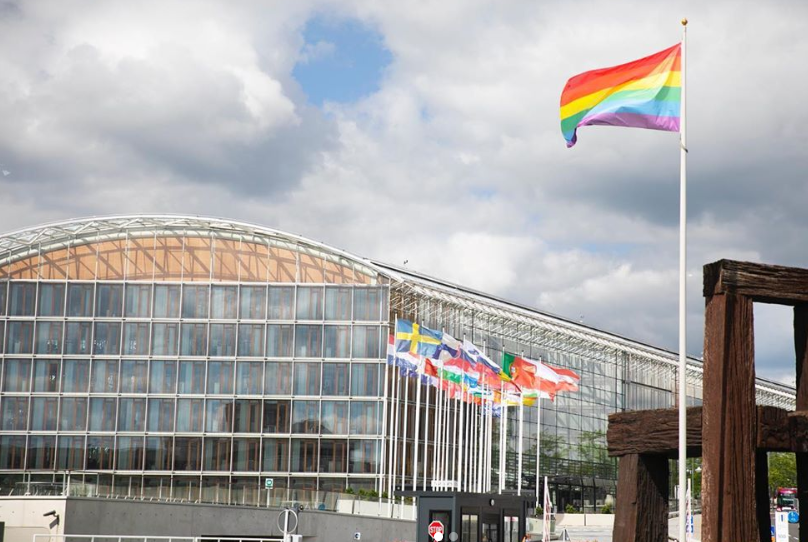Public development banks (PDBs) across Latin America and the Caribbean are increasingly recognizing the climate transition as an essential financial opportunity, but challenges such as limited long-term financing, low awareness among clients, and a lack of green investment expertise are slowing progress. A new survey by the European Investment Bank (EIB) and the Association of Public Development Banks of Latin America and the Caribbean (ALIDE) highlights these barriers and emphasizes the need for technical and financial support to foster green investments across the region.
With responses from 28 PDBs across 15 Latin American and Caribbean countries, the survey provides a comprehensive assessment of the sector’s climate readiness, noting that 93% of PDBs see climate transition as a chance to catalyze growth, not as a risk. However, a majority of PDBs report that client-level barriers are limiting green investment: 55% cite clients' lack of knowledge in climate change adaptation and green financing, while 45% note clients’ low prioritization of green investments as critical obstacles.
“Latin America and the Caribbean are on the front lines of climate change,” said EIB Vice-President Ambroise Fayolle. “The EIB-ALIDE survey highlights the role of public development banks in financing and promoting green projects and building climate resilience. We are committed to working closely with PDBs, governments, and the European Commission to support the green transition and strengthen the climate resilience of Latin American and Caribbean countries.”
At the institutional level, the survey revealed challenges such as the absence of standardized metrics for assessing climate risk (45%) and a lack of technical tools for green investments (36%). The need for accessible long-term capital to support these initiatives was also underscored by 18% of PDBs, a gap ALIDE Secretary General Edgardo Alvarez believes could be bridged with international cooperation. “Our public development banks are ready to drive the green transition but require better access to financing and technical support. Enhancing these capacities is essential for sustainable development and resilience across the region,” he said.
The survey also revealed that climate-related events are directly impacting PDBs' operations. In 2023, 40% of PDBs reported damage to physical assets like bank branches due to extreme weather, while 59% saw portfolio asset quality deteriorate. Micro, small, and medium enterprises were most affected, followed by intermediary, infrastructure, and corporate lending sectors.
Regional climate vulnerabilities reflect specific economic dependencies. Caribbean nations are heavily impacted by extreme weather, such as hurricanes, while South American countries, with economies significantly tied to agriculture, face risks from climate-related disruptions to food production. For example, Guyana, Bolivia, Paraguay, and Ecuador rely on agriculture for around or over 10% of GDP—a risk factor mirrored in Central American countries like Nicaragua, Honduras, and Guatemala.
Despite these challenges, many PDBs are aligning with global climate frameworks; 77% have integrated standards from the United Nations’ Sustainable Development Goals or the Paris Climate Agreement into their operations, and 74% plan to scale back lending to sectors vulnerable to climate risk. By proactively managing risk exposure and adhering to international frameworks, PDBs are increasingly positioning themselves as key players in regional climate resilience, but sustained investment in technical capacity and long-term finance is essential to meet ambitious climate targets.
The EIB and ALIDE survey, conducted in early 2024, underscores the need for collaborative efforts among public, private, and international institutions to accelerate the green transition in Latin America and the Caribbean.











